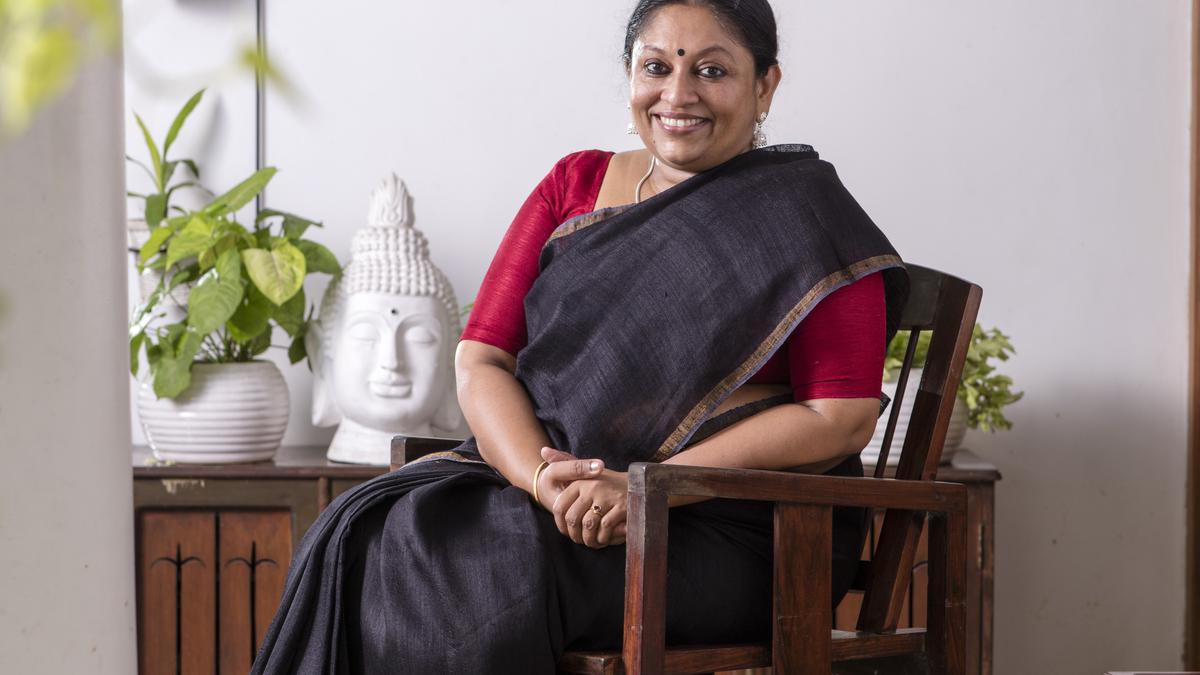
Author K.R. Meera on what connects her latest book ‘Assassin’ to journalist Gauri Lankesh’s murder in 2017
The Hindu
K.R. Meera's new book, Assassin, is her most ambitious novel to date. Set against real-life events such as the murder of journalist Gauri Lankesh, the protagonist turns detective to find her assassin, while the author slips in hard truths between the folds of fiction. Writing it was painful, as it involved reliving experiences she wanted to forget. To find an untold story, she looks at the lives of women around her, and plays with different moulds to tell her story. Gandhi's idea of non-violence is important to her, and she documents the lives of middle-class women in her book. Translator J. Devika helps capture the meanings of words and bring them out in English.
K.R. Meera’s new book, Assassin, releases this week, and it won’t be an exaggeration to call it her magnum opus. Originally titled Ghathakan and translated from Malayalam by J. Devika, this is her most ambitious novel to date, and also her most personal. In this thriller set against real-life events, the protagonist, Satyapriya, turns detective as she races against time to find her assassin, while the author, lightly and deftly, slips in the hard, unforgiving truths that lie between the folds of fiction. Edited excerpts from an interview:
The seed of this book was actually planted in 2017, after Gauri Lankesh’s murder. One year later, I sat down to write, and it’s interesting that that day, I started three chapters of three different novels. All three were from my life, from varying time spans — like three kinds of flowers in the same garden.
After a few days of toying with these chapters, I centred on Assassin, and it started growing — sprouting leaves and tendrils.
Listen | An extract from K.R. Meera’s new novel ‘Assassin’
That’s for the reader to find out, but what I can say is that, by telling the story of a woman of my generation, someone who was born in the 70s, one can effectively comprehend or summarise the history of our nation. So, of course, there was a personal level, then there is that political layer, and again there is a kind of universal layer, which every writer aspires to.
Surprisingly, in a way, it was easier to write this book. It is based mostly on my first-hand experiences, and whatever I have heard and seen. So, it was easy to assemble together all these bits of truth to create a bigger truth.
But the process itself was painful — a hundred times worse than what I endured after Hangwoman. The post-Hangwoman depression was nothing compared to the post-Assassin panic attacks.











